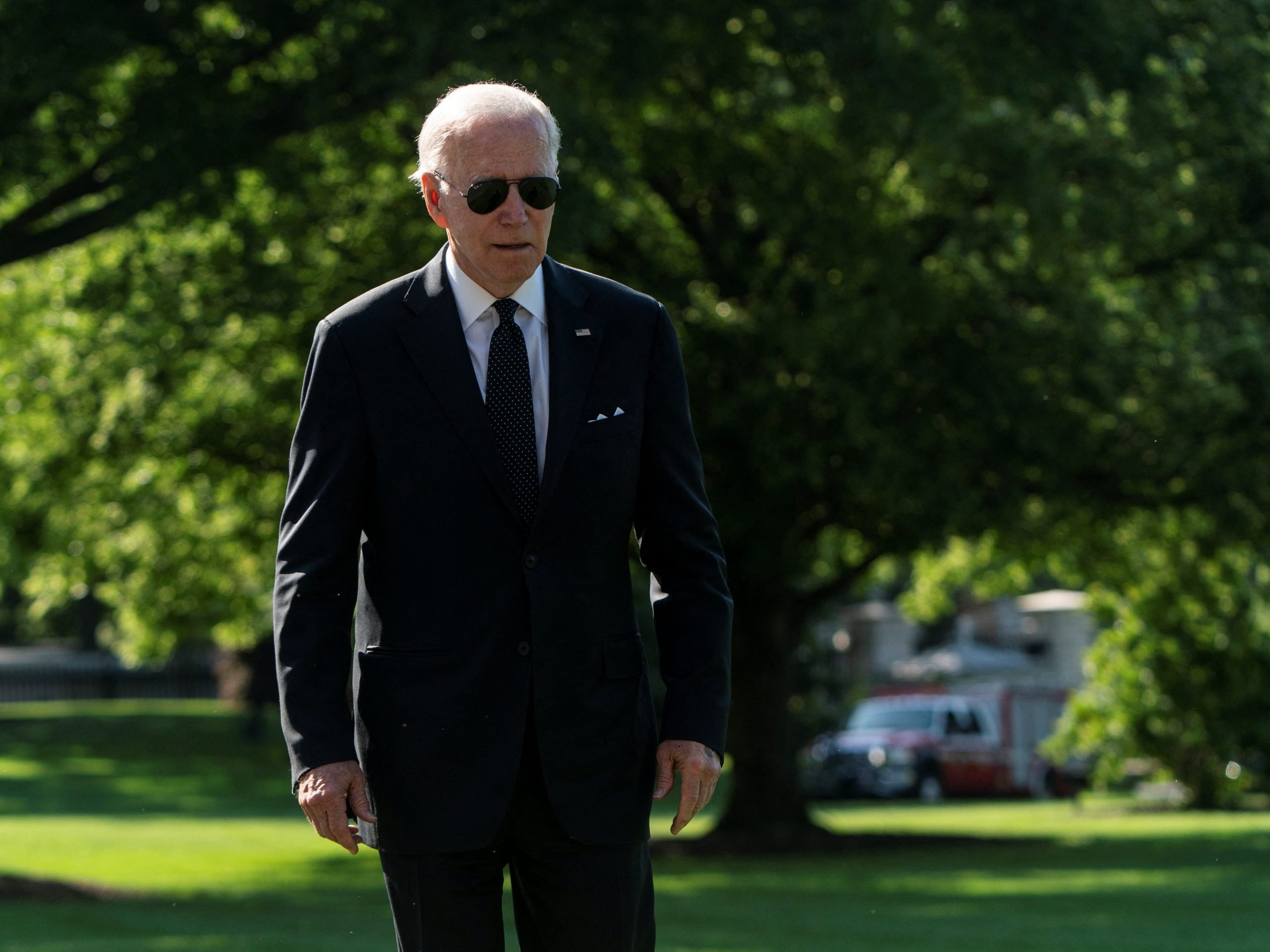Listen to the audio version of this article below

- The US dollar took a big hit last week, mainly due to lower-than-expected US inflation numbers.
- There is hope in financial markets that US interest rates will rise less quickly than previously thought, making it less attractive to hold money in a dollar account.
- Currency expert Joost Dirks of iBanFirst explains how the results of the US midterm elections could also affect the dollar.
Analysis – Investors hate uncertainty. Although the results of the US midterm elections have long been imminent, stock prices on Wall Street rose last week. Of course, this had something to do with better-than-expected inflation rates in the US.
The inflation rate in the United States was 7.7 percent on an annual basis in October. That’s well below the 8.2% last month and about 8% economists had expected.
There is a great similarity between the drop in inflation and the developments surrounding the US elections: both favorable to the stock markets and unfavorable to the dollar.
Lower inflation puts less pressure on the Federal Reserve to raise interest rates further. The prospect of US interest rates rising less quickly makes it less attractive for investors to hold their dollar assets.
zUnder a majority in the House of Representatives, Biden is less able to boost the US economy
The relationship between a weak dollar and the US midterm elections is somewhat more complicated. If the Republican Party can get a small majority in the House of Representatives, it will be difficult for the Democratic Party to get new laws through Congress. This is annoying for President Joe Biden, but for the rest of the world, a divided US Congress doesn’t have to turn out that bad.
Biden’s massive investments in infrastructure and sustainability, among other things, have boosted economic growth in the United States greatly. An additional effect is that inflation has also been raised. It is precisely this high inflation that has prompted the Federal Reserve to raise its key interest rate sharply this year.
The prospect of losing a majority in the House will make Biden less likely to hit the economic accelerator pedal, which means the Fed may not need to rein in hard-to-restrain inflation.
The US dollar becomes less tailwind
If US interest rates continue to rise less quickly than previously thought, significant tailwinds behind the dollar will disappear. This also happens when the tension in the financial markets subsides.
The US currency is considered a safe haven in times of uncertainty in the stock markets. For example, all of the factors that boosted the dollar in the past year suddenly seem to be working against the US currency.
At the end of September, you only got 96 cents of the dollar for one euro, and now that amount is again $1.03 per euro. Admittedly, this movement is not as amazing as the movement of Bitcoin. But it is important that the euro is now clearly worth more than the dollar. It may remain that way for now.
Joost Derks is a currency specialist at iBanFirst. He has more than twenty years of experience in the currency world.

Avid music fanatic. Communicator. Social media expert. Award-winning bacon scholar. Alcohol fan.

